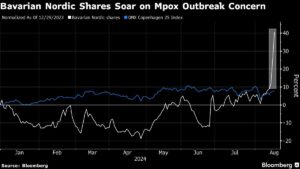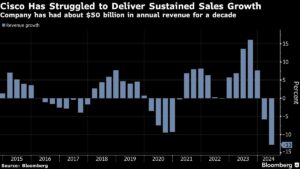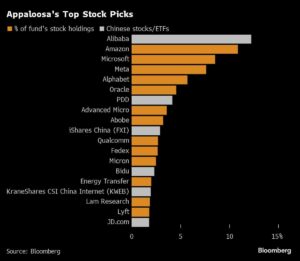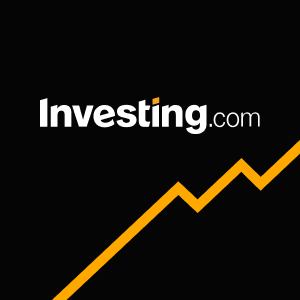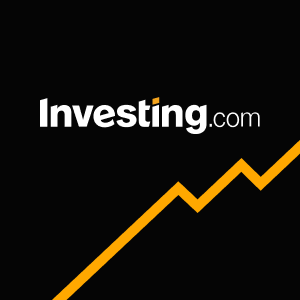I inherited $50,000. Is there a single stock I should invest in? Or should I put $10,000 in five stocks?
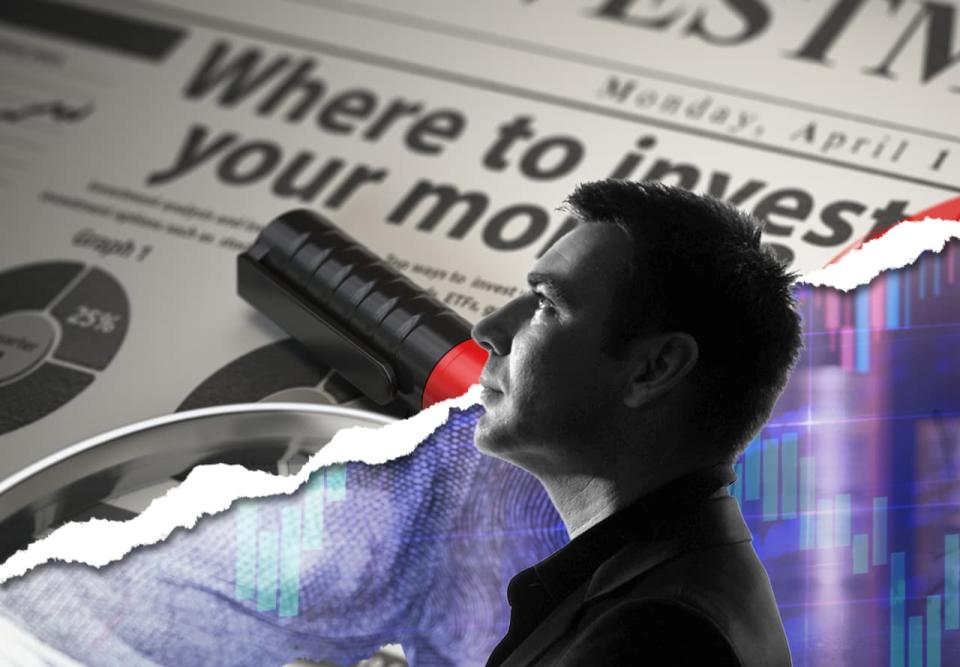

Dear Quentin,
I have inherited $50,000 and I am thinking of investing it in dividend stocks.
My question is twofold:
Most Read from MarketWatch
1. Is there a single stock I should invest in?
2. Or are there five stocks I could each put $10,000 into?
My plan is to reinvest everything, but not make any additional contributions.
Thank you in advance for any advice.
$50,000 Richer
Dear $50,000 Richer,
You will be $50,000 poorer if you decide to invest your entire inheritance in individual stocks. Avoid trying to do what other people have previously failed to do. If everyone was able to put their windfalls to work successfully the stock market would rise in a straight line. But as the last couple of weeks have shown, that’s not how it works. In order to be stock-market winners, there needs to be stock-market losers, and when you bet on individual stocks you may not have 30 years for them to recover.
Nothing is guaranteed for dividend stocks or for “growth stocks.”. The optimistically named “Magnificent Seven” group of tech stocks have not had an easy ride of late. They are Microsoft Corp. MSFT, Apple Inc. AAPL, Nvidia Corp. NVDA, Amazon.com Inc. AMZN, Meta Platforms Inc. META, Alphabet Inc. GOOGL and Tesla Inc. TSLA. The latter has fallen 19.5% this year, so if you invested $10,000 in Elon Musk’s electric vehicle-maker, you would now have $8,050 of that left.
You will find dozens of S&P 500 stocks that analysts currently rate a “strong buy,” but they won’t give you the most valuable hedge against current and future stock-market volatility: diversification.
Ben Kirby, the co-head of investments at Thornburg Investment Management, recently illustrated this point in an article on MarketWatch, highlighting the different performances of the MSCI World High Dividend Yield Index and the MSCI World Growth Index; they are subsets of the MSCI World Index, which comprises both large and midcap stocks.
“The dividend yield index is usually at a discount of 25% to 30% to the growth index, he wrote. But that is not always the case. For the previous 10-year period through June 11, 2014, the MSCI World High Dividend Yield Index returned 117%, while the MSCI World Growth Index returned 98%, MarketWatch investment reporter Phil van Doorn wrote.
The first thing you should do with this $50,000 is pay off any high-interest-rate debt you have and, if you don’t have an emergency fund, put some extra cash aside for that. You are losing money by carrying this debt: the average interest rate for a personal loan is 12%, and a credit-card APR is closer to 23%.
With inflation running at 3.2%, you need to tackle this debt as soon as possible, and you have been given a gift to do just that. There are two main methods of doing this: the snowball method (pay the lowest debt first) or the avalanche method (pay debt with the highest interest rate first).
Mutual funds and ETFs
But back to stocks: Want to invest $50,000 in a high interest rate environment? Look at shorter-duration bonds, mutual funds and exchange-traded funds, with a maturity of less than five years; Treasury inflation-protected securities (TIPS) — inflation-protected bonds issued by the U.S. Treasury; and that magic word — diversification. Morgan Stanley cites opportunities in “value-oriented and defensive sectors.”
Health Savings Accounts (HSA) allow you to save money in a tax-advantaged account and withdraw it tax-free for qualified medical expenses. You can also use that cash to reduce your out-of-pocket medical expenses in retirement. HSAs are, essentially, one way to build a “medical nest egg” over your lifetime, depending on how much you use during your working life. For 2024, individuals under a high-deductible health plan (HDHP) have an HSA annual contribution limit of $4,150. The HSA contribution limit for family coverage is $8,300.
While you are investing in stocks — ETFs, hopefully — don’t rule out high-yield savings accounts and certificates of deposit. The return on CDs has more than doubled over the last 12 months, and rates are currently in the 5%-plus range, particularly for high-yield, online accounts. Some have no minimum deposit restrictions or else have minimums of a couple of thousand dollars, while others have $25,000 minimum deposits.
With interest rates so high, prices still elevated and the stock market continuing its unpredictable seesaw act, making money off your cash is an increasingly popular option for savers and investors alike. In addition to CDs, other zero- or close to zero-risk options include high-yield savings accounts, checking accounts and short-term Treasury debt. Money-market funds are also extremely low risk.
Track the S&P 500
For stock ETFs, van Doorn says, one simple strategy is to track the performance of the S&P 500 SPX, which you can do by purchasing shares of the SPDR S&P 500 ETF Trust SPY (SPY). Keep in mind that the S&P 500 is weighted by market capitalization, which means Apple, Microsoft and Nvidia make up 19.3% of this portfolio.
So could mix up your choice of ETFs and broaden your horizons even further. One example is the Invesco S&P 500 Equal Weight ETF RSP, van Doorn adds; or you might take a hybrid approach to incorporate value features (increasingly popular lately) and price momentum with portfolio resets twice a year thorough any (or all) of these:
Van Doorn described Invesco’s value/momentum strategy recently.
The simplest investment strategy — investing in one or five stocks — could yield equally simple regrets.
More columns from Quentin Fottrell:

